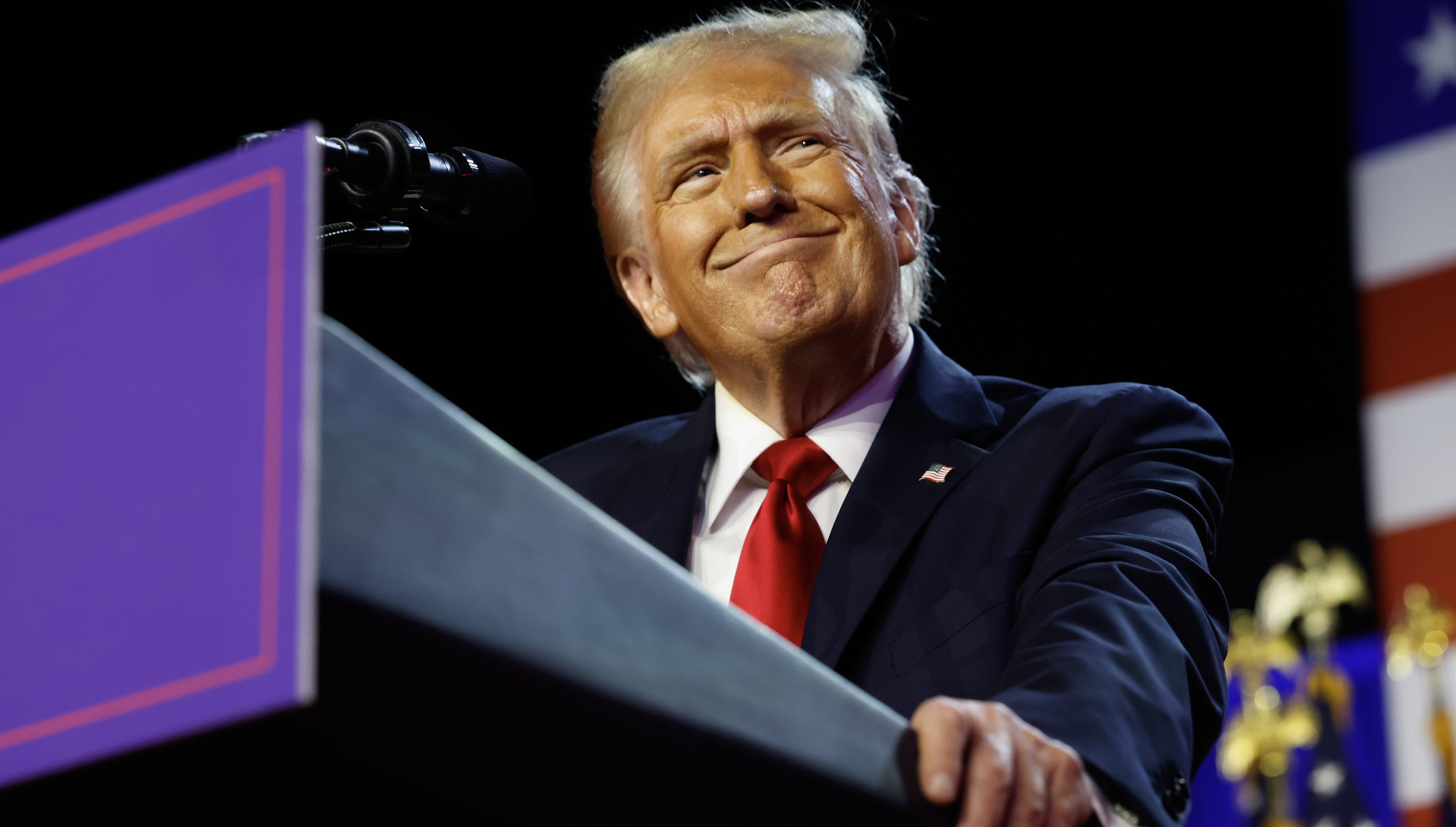
A California man who says he was harassed after Elon Musk amplified posts on his social media platform X, formerly known as Twitter, that falsely placed the man at a confrontation involving far-right protesters sued the billionaire for defamation in a lawsuit filed Monday.
Benjamin Brody, 22, is represented by Mark Bankston, a Texas attorney who won a defamation case last year against conspiracy theorist Alex Jones in a lawsuit brought by families of the Sandy Hook Elementary shooting. Brody is seeking a jury trial in Austin, Texas, and unspecified damages of at least $1 million.
WATCH ANYTIME FOR FREE
Stream NBC10 Boston news for free, 24/7, wherever you are. |
Attorneys for Musk did not immediately respond to requests for comment left through a spokesperson.
In June, a video posted to X showed a confrontation involving protesters near a Pride festival in Oregon. Some of those involved wore the same colors as the Proud Boys extremist group, according to The Oregonian. On X, some users falsely identified one of the participants as Brody, highlighting his post-college plans to work for the government to spread baseless assertions that federal agents were involved.
Get updates on what's happening in Boston to your inbox. Sign up for our News Headlines newsletter.
The lawsuit includes screenshots of Musk engaging with users spreading the posts involving Brody, including one in which Musk described it as a “probable false flag situation.” Brody, a recent college graduate who said he was in California when the event happened, came under harassment because of Musk's reach, according to the lawsuit.
The posts by Musk were still on X as of Monday.
It is not the first time Musk has been sued for defamation. He defeated a lawsuit in 2019 from a British cave explorer who claimed he was branded a pedophile when the Tesla CEO called him “pedo guy” on what was then called Twitter.
U.S. & World
Musk's tech company has also taken others to court over what is posted on the site. In August, X sued a group of researchers over accusations that their work highlighting an increase in hate speech on the platform cost the company millions of dollars of advertising revenue.



